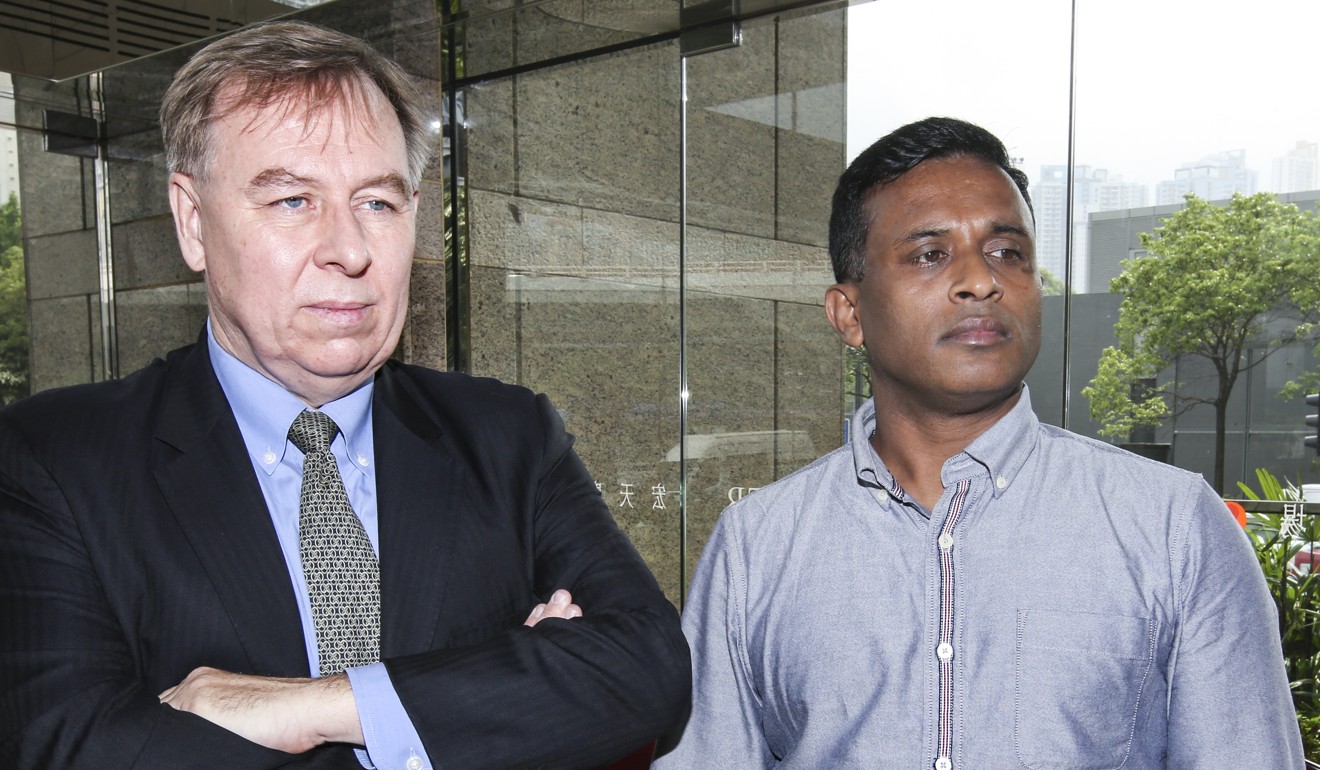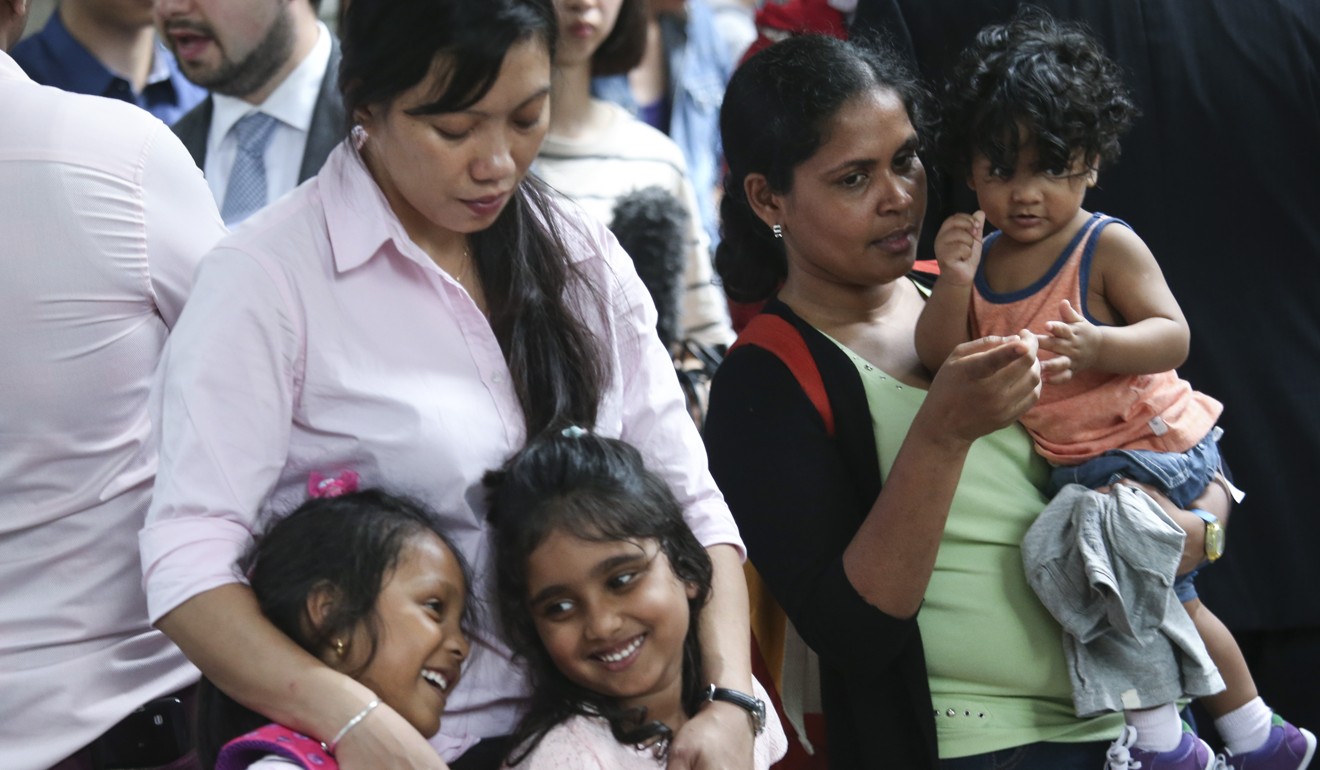
Asylum hearings begin for deportation-threatened seven who sheltered Edward Snowden in Hong Kong
Four adults and three children have been told to report to centre usually used for holding claimants until they are sent back to their country of origin
The seven refugees who harboured American whistle-blower Edward Snowden in Hong Kong are attending their first appeal hearings on Monday, as the prospect of detention and deportation looms.
The group became well known for having hidden the former US National Security Agency contractor Snowden in their homes for about two weeks in 2013, after he leaked a trove of classified documents revealing the extent of electronic spying by the United States and other governments.
They will attend “directions hearings” on Monday, preliminary meetings at the Torture Claims Appeal Board, before the actual hearing begins.

Like many asylum seekers in the city, the seven used to report to the Immigration Department’s branch office in Ma Tau Kok, Kowloon, every six weeks. But this month, after their protection claims were rejected, they were told their cases had been transferred to Castle Peak Bay Immigration Centre in Tuen Mun, a facility for detainees awaiting repatriation or deportation. Officers told them to report there instead.
“We were told that was a collective decision by immigration,” their lawyer, Robert Tibbo, said. “No further explanation was offered and the officer did not deny that they could be detained then.”
“I am concerned because there is no reason to transfer them to the Castle Peak Bay Immigration Centre. They will have to make three times the distance with young children and at a greater cost,” he said.

The prospect of reporting at the centre, although there is no official indication they will be detained, alarmed the claimants.
Ajith Pushpakumara, a former soldier from Sri Lanka who was detained for about five months for identity verification in 2006, was visibly shaken by the news.
“I am very upset. I cannot sleep or eat… I don’t know what to do now,” he said. “I think they will detain me … I cannot go back to Sri Lanka.”
Pushpakumara said he feared for the safety of his mother and daughter back home.

If the Torture Claims Appeal Board rejects their appeal, they can still request a judicial review with the High Court. If such attempts fail, claimants are detained and then deported to their countries of origin.
The director of the Immigration Department holds the discretionary power to order their detention at any moment.
Another of the seven, Vanessa Mae Rodel, from the Philippines, said she was “very afraid” of being separated from her five-year-old daughter. Rodel was detained in 2010 for almost two months for overstaying a visa before being able to file a protection claim.
Hong Kong does not grant asylum, but the local government is obliged to screen torture and persecution claims. Those whose claims are substantiated are referred to the UN High Commissioner for Refugees for resettlement in another country.

